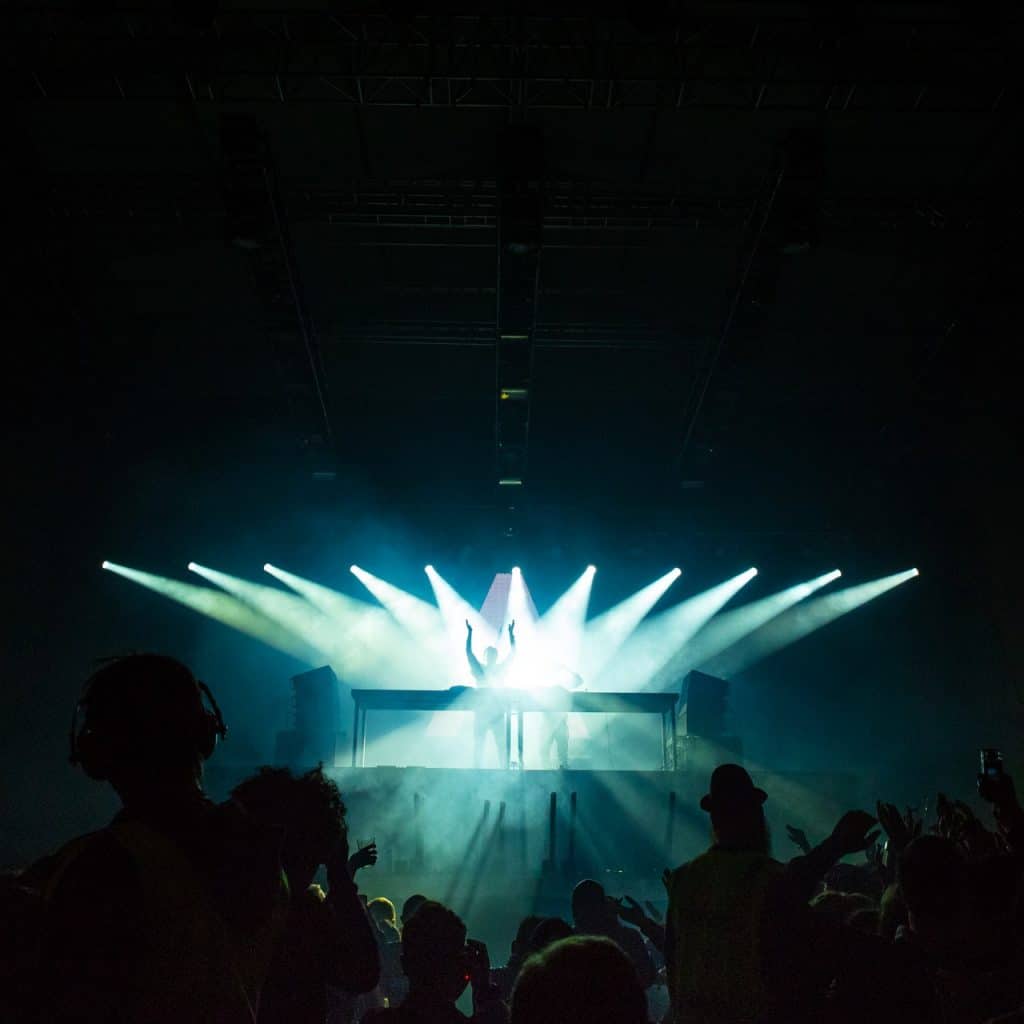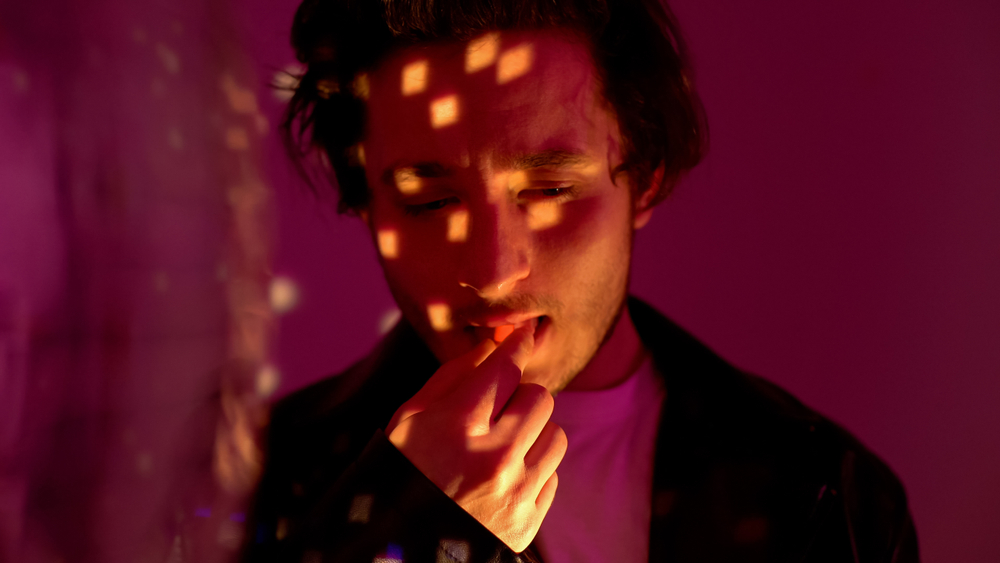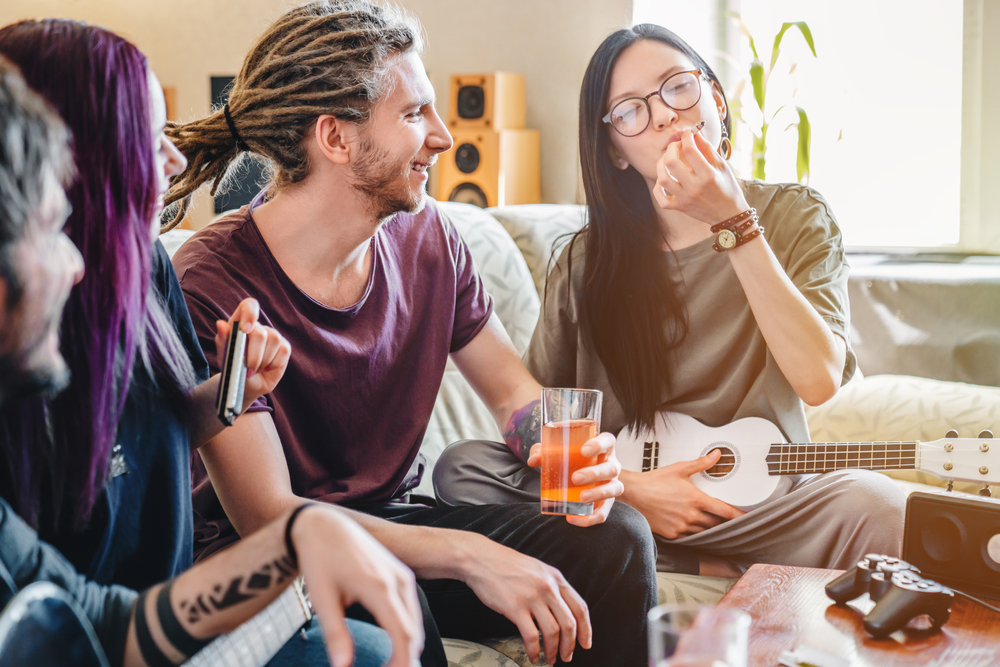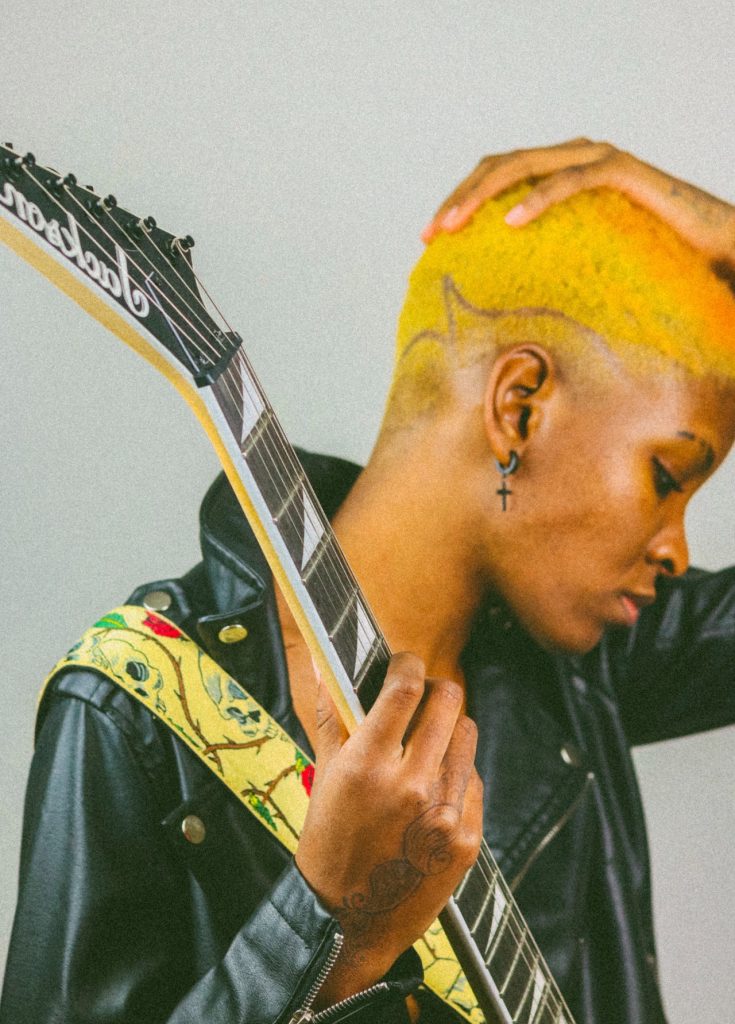
A good number of musicians have used drugs to augment their creativity. Their fans, on the other hand, may use drugs to intensify the pleasure they get from music. This has been the norm for centuries, leading to intensive research on the link between music and drugs.
On the surface, music and drugs are like two different worlds. However, the two have a lot in common; including the way they affect the human brain. Drugs and music trigger the release of dopamine and serotonin.
These are the same feel-good hormones that saturate your brain when you have sex, eat junk food, or do something you love. Dopamine and serotonin make you feel happy and contented. They also boost your energy levels and sharpen your sensory perception.
When you combine drugs and music, your brain’s function and the surrounding culture merge to give you a unique and euphoric experience. That’s because the two augment each other to make the experience even better. It’s a good reason why clubs and substances go hand-in-hand. People go to the club to listen to music, use drugs or do both.

But the similarity between drugs and music doesn’t stop there.
As mentioned earlier, drugs and music thrive off each other. But not all music pairs with all drugs. As it turns out, some genres work with some types of drugs. For example, hard rock does well with LSD, while reggae does well with weed.
That’s because of the response this music triggers. When people use weed, they feel relaxed and want to dance to slow jams, like reggae. LSD is quite the opposite – it makes them want to shake vigorously, which explains why they prefer EDM music.
Music can mimic the specific effects of drugs. For example, fast and repetitive music matches amphetamine because users can dance quickly due to the stimulation. Ecstasy gives one a feeling of pleasure through dance and body movement; hence, it matches repetitive music.
The link between music and drugs is a complex relationship. However, there is a rich drug representation in popular music. Studies have shown that listeners of specific music genres abuse drugs more than listeners of other genres.

It is not uncommon for musicians and songwriters to compose lyrics that reflect their relationship with drugs. Others even go all out to promote illicit and prescription drug use. The Acid Queen, by Tina Turner and The Who for example, talks about how LSD makes one more alive. To quote the lyrics:
If your child ain't all he should be now
This girl will put him right
I'll show him what he could be now
Just give me one night
I'm the gypsy, the acid queen
Pay me before I start
I'm the gypsy and I'm guaranteed
To mend his aching heart
Give us a room, close the door
Leave us for a while
You won't be a boy no more
Young, but not a child
I'm the gypsy, the acid queen
Pay me before I start
I'm the gypsy, I'm guaranteed
To tear your soul apart
Gather your wits and hold them fast
Your mind must learn to roam
Just as the gypsy queen must do
You're gonna hit the road
My work's been done, now look at him
He's never been more alive
His head it shakes, his fingers clutch
Watch his body writhe
With such lyrics, it’s easy to see why fans may want to try out this acid, especially it comes from their favorite artists.
In the 1980s and 1990s, the high availability of molly and ecstasy made house music appealing to the then generation. The same thing happened with LSD and acid rock. Artists performing would take an addictive substance or chemical substances before going on stage for live performances. If you have gone to live music events, music shows, or concerts, you may have seen artists under the influence performing on stage.
Music tends to enhance the “high” effects of drugs. Research has shown that drugs can alter one’s experience of music. For instance, clinical trials that administered LSD to volunteers revealed LSD elevates music-induced emotion, with participants reporting feelings of tenderness, power, wonder, and superiority. Other studies found that LSD modulates music-evoked imagery through changes in parahippocampal connectivity.

Both music and drugs are tools that strengthen social bonds. They give listeners and drug users a sense of identity. Simply put, music and drugs make people connect, be it socially or politically.
Most people form peer groups with people they share cultural preferences with. Therefore, it is easy to see why they interlink music with drugs of their choice. Even though people easily associate certain drugs with specific music genres, it is evident that drugs are a minor element of a much broader identity. The drugs distinguish one group from the other.
There is a link between music and drugs. However, you mustn’t assume music leads to drug abuse or drug addiction.
Lyrics of various songs occasionally refer to drugs and have a drug use culture surrounding them. This raised concerns about the long-term effects music glorifying drug use has on young listeners.
One study showed that the youth positively associate music with illicit drug use and alcohol abuse. However, the study could not determine whether the listener’s behavior influenced their music preferences or whether their music preferences influenced their behavior.
There is a slight chance that drug use could influence a person’s music choice and vice versa. Whichever way the influence goes, it may lead to drug addiction. Drug addiction can lead to several disorders, including mental disorders and high blood pressure.
If someone you know is battling drug abuse, help them seek medical advice on dealing with the issue. Addiction is a chronic disease, but there are several treatment options available.

Treatment for drug addiction should help the individual stop using drugs, remain drug-free, and be a productive member of society.
As mentioned, there are several treatment options for drug addiction. They include:
For drug addiction treatment to be successful, one needs to have a tailored treatment program with follow-up options. The patient's follow-up care can be family-based or community-based.
Conclusion
There is a link between music and drugs, but you mustn’t assume that listening to a specific music genre would influence you to take drugs. Those who get addicted to drug use should seek help for them to be rehabilitated.


